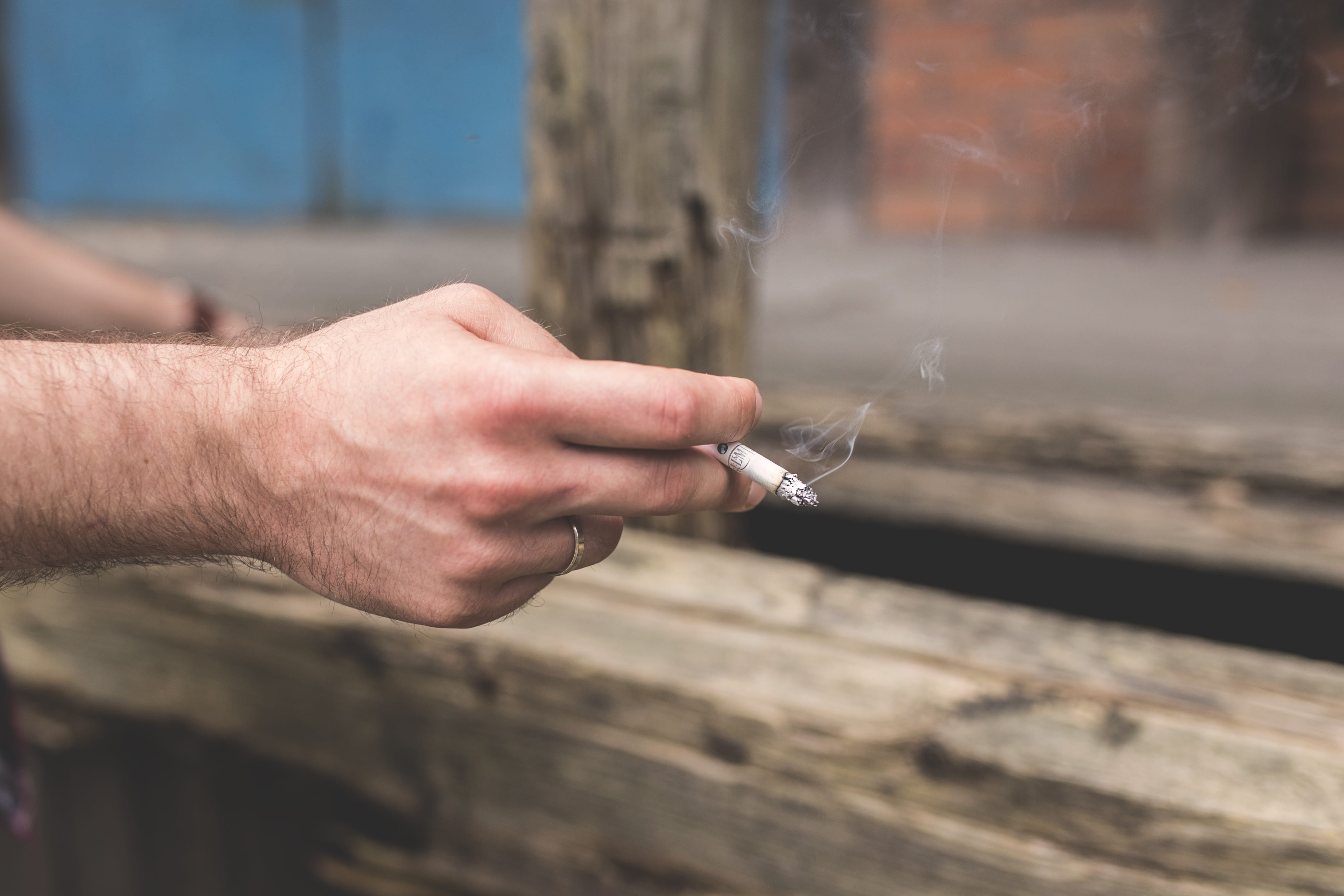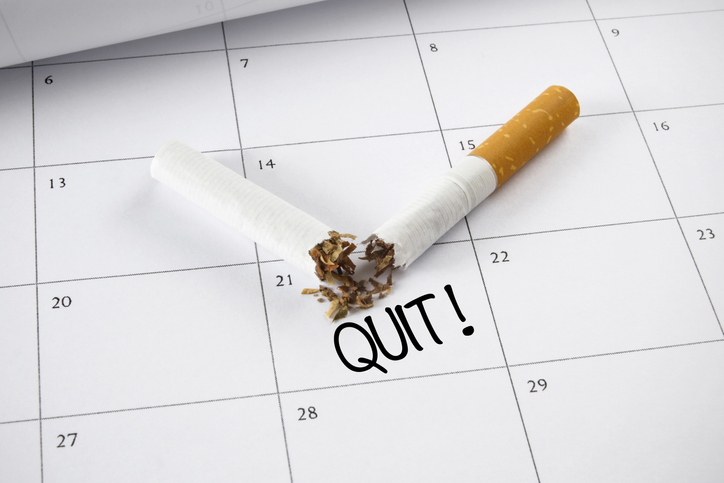Wellness
How Quickly Does the Body Recover After Quitting the Habit of Smoking?

Smoking damages the lungs, heart and various other body organs and systems. Quitting the habit of smoking provides numerous health benefits. Even after smoking for years, the body can heal itself more quickly than one may think.
The following is a timeline of health benefits that occur after the last cigarette:
20 minutes after the last cigarette
Blood pressure and pulse begin to drop to normal levels. The hands and feet return to a normal temperature. Fibers in the bronchial tubes start to properly move again, reducing the risk of infections by moving irritants and bacteria out of the lungs.
8 hours after the last cigarette
Carbon monoxide levels begin to return to a normal level. Carbon monoxide is a chemical that is present in cigarette smoke. Smoking causes carbon monoxide to replace a percentage of oxygen in the bloodstream. Eight hours after individuals stop smoking, oxygen levels increase in the bloodstream. This increase in oxygen helps nourish blood vessels and tissues. Neither the muscles nor the brain receive proper oxygen when individuals smoke.
12 hours after the last cigarette
The heart no longer has to work as hard to circulate oxygen throughout the body because carbon monoxide in the body returns to the proper level.
24 hours after the last cigarette
Nicotine levels in the bloodstream continue to steadily decrease. Chances of having a heart attack are reduced. Increased oxygen levels reduce the constriction of veins and arteries, boosting the heart’s function.
48 hours after the last cigarette
Previously damaged nerve endings are healing, so the senses of taste and smell are stronger. The lungs begin to expel cigarette-induced mucus. Nicotine is absent in the body. Withdrawal symptoms increase, making this a difficult time for individuals who are quitting smoking.
72 hours after the last cigarette
Breathing is easier and energy is increased. The bronchial tubes inside the lungs open up more as the lungs begin to recover. Lung capacity is increased.
One week after the last cigarette
The odds of remaining smoke-free increase. The one-week mark is an indicator that smokers are nine times more likely to successfully quit.
Two weeks after the last cigarette
Circulation and oxygenation are improved. Lung function has improved up to 30 percent. Breathing continues to improve.
One month after the last cigarette
Overall energy is greatly increased. Sinus congestion and shortness of breath with exercise are decreased. Lung fibers that help reduce excess mucus buildup are beginning to grow back.
Three months after the last cigarette
Fertility in women continues to improve. The risk of a baby being born prematurely, due to smoking, is reduced.
Six months after the last cigarette
Coughing up mucus and phlegm is reduced because the airways are less inflamed. Former smokers can better handle stressful situations without the crutch of a cigarette.
Nine months after the last cigarette
Coughs are no longer smoking related. The risk of colds and other illnesses is reduced. Energy levels continue to increase.
One year after the last cigarette
Lung capacity and functioning are dramatically improved. The risk of heart disease is cut in half. Breathing is greatly improved, and individuals have saved thousands of dollars that would have been spent on cigarettes.
Three years after the last cigarette
The risk of a heart attack is that of a non-smoker.
Five years after the last cigarette
The risk of death from lung, mouth, throat, esophagus and bladder cancer is cut in half. The chance of stroke or cervical cancer is that of a non-smoker.
10 years after the last cigarette
The risk of dying due to lung cancer is decreased to that of a non-smoker. Precancerous cells are replaced with healthy cells. Risks of pancreatic, mouth, esophagus, bladder, kidney and larynx cancers are greatly reduced.
15 years after the last cigarette
The risks of heart attack and stroke are now equal to someone who never smoked. Overall health and well-being are dramatically improved. Chances of developing heart disease are that of an individual who never smoked.


















